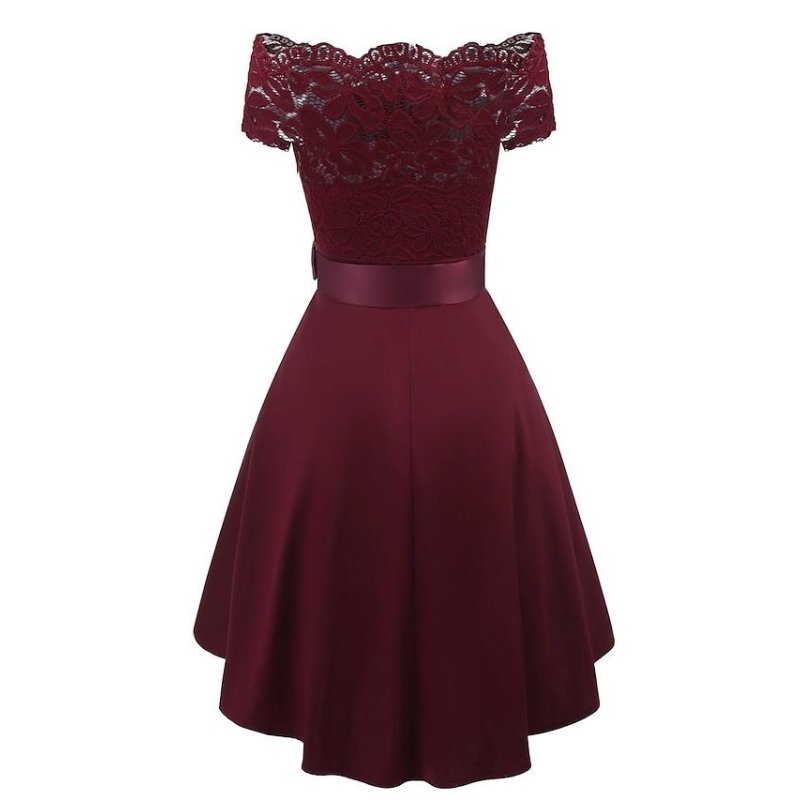Tag: sustainable fashion, eco-friendly clothing, ethical manufacturing
Over the years, the global clothing industry has faced increasing pressure to become more sustainable. With growing awareness about environmental issues and social responsibility, consumers are now demanding that their clothes be produced in a more ethical and environmentally friendly manner.
This shift in consumer behavior has led to the rise of sustainable fashion – a movement towards creating apparel that minimizes its impact on the environment and promotes ethical practices throughout its supply chain.
One of the key elements of sustainable fashion is using eco-friendly materials. Traditional methods of producing clothing often involve harmful chemicals and excessive water usage. In contrast, sustainably made garments use organic or recycled materials such as bamboo, hemp or Tencel which have a lower environmental impact.
In addition to material selection, responsible manufacturing processes also play a crucial role in sustainable fashion. This includes fair labor practices and safe working conditions for factory workers. Brands that prioritize these values help ensure that their products are not only kinder to our planet but also support human rights.
Another aspect of sustainability within the clothing industry is reducing waste through recycling initiatives. Many retailers have started implementing take-back programs where customers can return old clothes for recycling or repurposing into new garments. This reduces landfill waste while promoting circularity within the industry.
The push for sustainability in fashion isn’t just coming from consumers – governments are also stepping up regulations to hold companies accountable for their environmental footprint. For example, some countries have implemented laws requiring brands to disclose information about their production processes and environmental impacts.
So why does all this matter? Firstly, unsustainable practices contribute significantly to pollution and depletion of natural resources such as water and landfills. By choosing eco-friendly options we can reduce this strain on our planet’s limited resources.
Moreover, supporting brands with transparent and ethical supply chains helps promote fair wages and better working conditions for garment workers around the world. This ensures that our clothes are not only fashionable but also made with a conscience.
In conclusion, sustainable fashion has the potential to make a significant impact on the clothing industry and the planet as a whole. By choosing eco-friendly materials, supporting ethical manufacturing practices, and promoting recycling initiatives, we can work towards creating a more sustainable future for the fashion industry. Let’s be conscious consumers and use our buying power to support brands that prioritize sustainability – after all, every small step counts in making a big difference!

